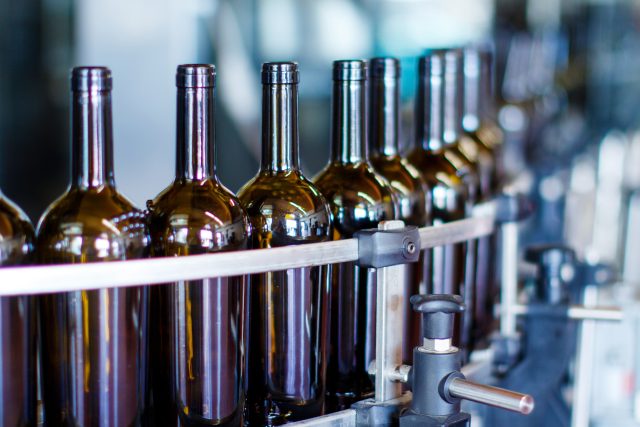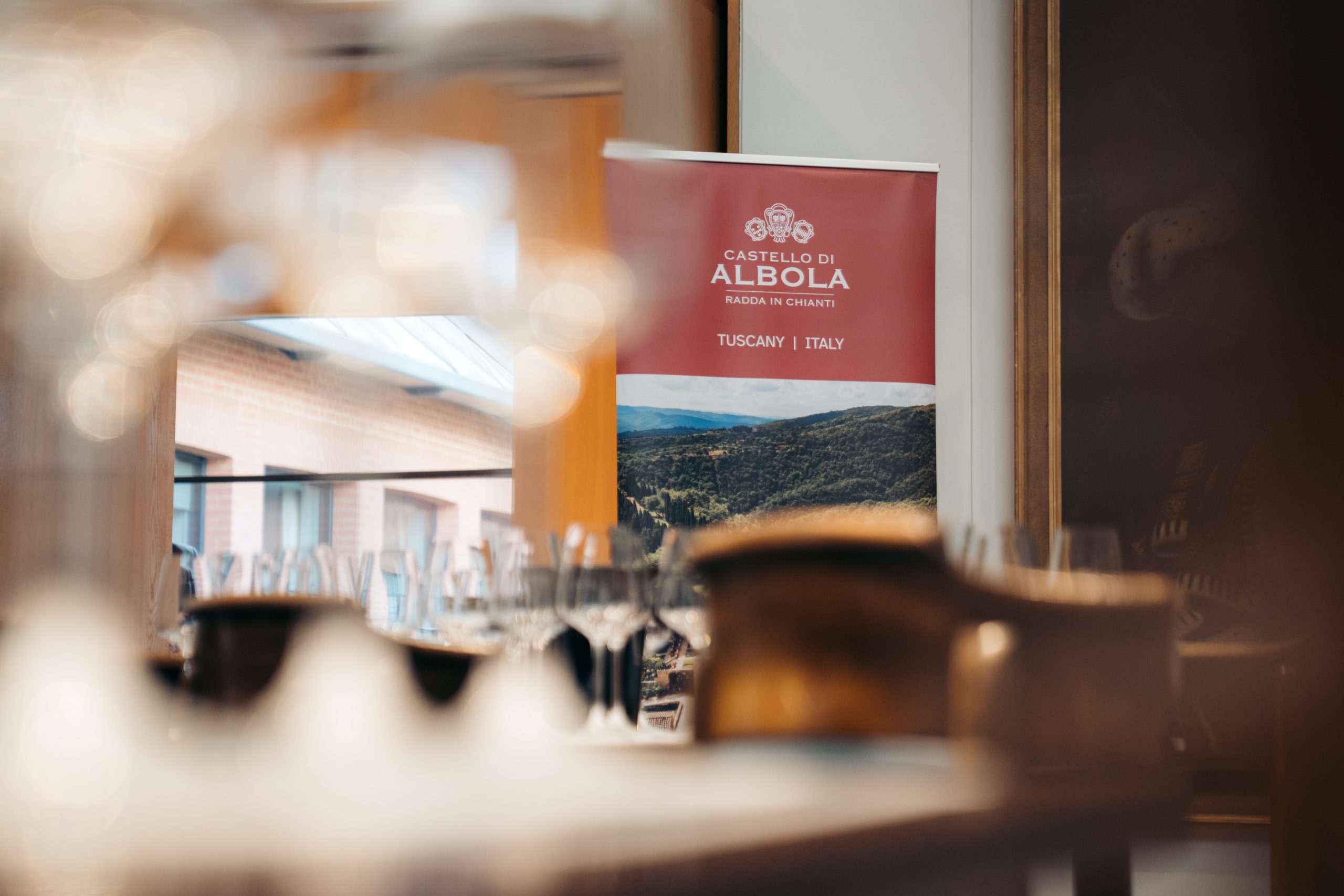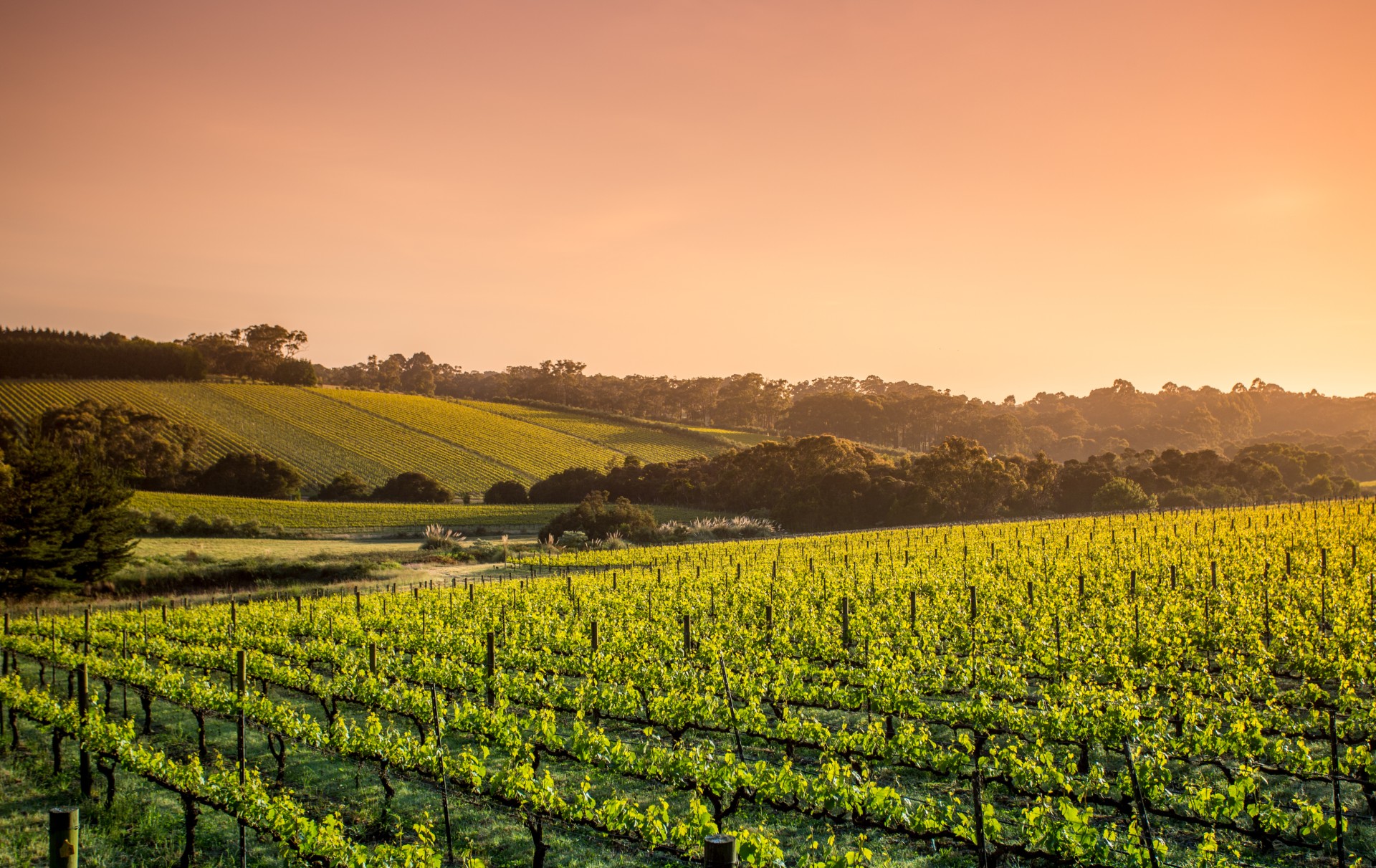Glass bottle shortage major concern for French wine producers
Among the challenges facing French wine producers right now is finding enough glass to bottle their 2022 vintage – and it’s becoming so bad that some want the government to step in.

In a discussion at Wine Paris on Monday with Edward Vellacott, who represents the Bijou brand of French rosé at Crush Wines, it was apparent that the glass shortage is becoming acute, while the diminishing supply of bottle types are proving increasingly expensive.
“There’s a strain on the supply of bottles, and it’s getting worse and worse,” he began.
Continuing, he said, “Verallia and O-I Glass are the two glass manufacturers in France, and O-I is stopping the production of the standard Burgundy-shaped bottle with a screwcap in the feuille morte [dead leaf] colour.”
This pale shade of green is used widely for bottling white wines, and O-I’s decision to cease production means that Bijou will have to move to a dark green glass to house its white wines from the 2022 vintage – which are due to be bottled shortly.
Vellacott said that shortages of glass started to become apparent in France during Covid-related restrictions, when furnaces stopped running a full capacity. Today, the production of glass is also reduced, but for a different reason: the cost of fuel to fire the furnaces.
Indeed, he recorded that the French O-I Glass facility, which was facing a €17 million annual gas bill, was now seeing that rise to €75m due to the “energy crisis”, leading the glass maker to “slow down” production.
“No-one knows what the future is for the bottle industry, and there are calls for the French government to get involved,” he said, adding that there were concerns among some winemakers that the glass manufacturers may be “manipulating the market”, by artificially reducing the supply of bottles, while hiking up prices.
Looking back, he said that a flute-shaped bottle that had cost €0.35 in 2021 now costs more than €0.70 – which means that the price has more than doubled in less than two years.
Meanwhile, he said that one particular bottle used by Bijou wines for some private-label business has moved from screwcap to cork – “and we don’t have a choice” – while small format 187ml glass bottles “are impossible to get, so we have moved to 250ml cans”.
Beyond the issues surrounding glass bottle supply, Velacott recorded further problems regarding other aspects to wine packaging. “We don’t have branded capsules any more, because the lead times are six months for something personalised, and it’s the same with our cartons, which aren’t branded, because that creates more issues – the windows are getting bigger,” he said.
Partner Content
Meanwhile, Valérie Vincent, who heads up the marketing for Rhone-based grower-cooperative Rhonéa, said that it was no longer possible to find clear, flint-glass bottles in France, forcing the producer to go to other countries to find sources.
Commenting that the “glass industry is very consolidated”, she said that there wasn’t the production capacity in France to supply the local market.
“It’s a big problem,” she said at Wine Paris last week. “From one day to the next, prices can go up 15%, and there’s nothing we can do; we need the glass,” she added.
She also told db that the shortage could drive a trend towards re-using bottles, which she said, “had completely disappeared in France because glass recycling is very efficient, but the prices [of bottles] are so high now that we may have to re-use bottles.”
Like Velacott, she said that source of dry materials such as cardboard and capsules for packaging wine was also a challenge, while drawing attention to a further issue for producers: ingredient labelling for wine is coming into force at the end of this year for producers in the European Union.
“I don’t know how every small winemaker will be able to do this,” she said.
Concluding, she commented, “There are many challenges to face besides making the wine; consumers don’t see them, but they are a lot of work.”
As db wrote about last week, wine producers in Portugal are calling for urgent action from the government over the rapidly soaring cost of glass bottles.
According to a report posed on 13 February, The National Association of Traders and Exporters of Wines and Spirits (ANCEVE) has asked government officials for “urgent intervention” over escalating glass bottle prices, which according to local reports, are “dramatically” damaging the Portuguese winemaking industry.
Read more
Portuguese winemakers call for urgent action over bottle prices
Related news
Ricky Gervais demands Barossa red on his tour rider




